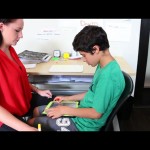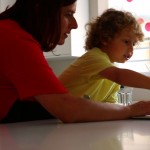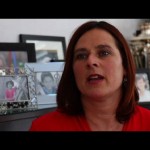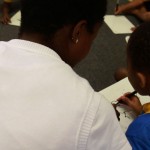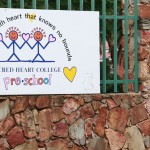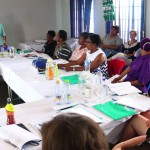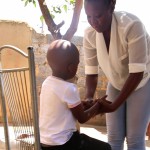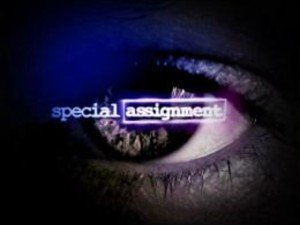This week in the second of a two part series on autism, Special Assignment unpacks a controversial intervention for autistic children based on behavioural modification. Opponents of the so-called Applied Behavioral Analysis Approach (ABA) say the intervention is too intense and robotic, demanding long hours from young children already battling to cope with severe learning disabilities or developmental delays. Supporters of the approach say if done correctly, it can assist a wide range of autistic children, teaching them to communicate, learn, socialize and generally become more independent and integrated into society.
Start Academy’s Johannesburg-based programme costs about 15-thousand rand a month per child. A team of experts works one-on-one with each child. “An autism diagnosis can be such a debilitating diagnosis if left untreated. As human beings we function because we have a certain skill set. Often these kids are skills deficit. The children have got the ability to learn skills to become independent human beings.” Says Ilana Gerschlowitz, who has two autistic sons. She believes ABA could possibly help at least one of her sons to lose his autism diagnosis completely. In a first in South Africa, the programme is now being rolled out to a group of under-privileged children in Tembisa, in the north of Gauteng.
Critics have slammed ABA supporters and other alternative interventions for advocating the “recovery” dogma and working towards losing a person’s autism diagnosis. They argue that autistic individuals don’t need “fixing” and have the right to be accepted and embraced for who they are.
Special Assignment looks at the mainstream education system in South Africa and finds that it falls short of providing any form of education to autistic children. With only a few existing school, long waiting lists will keep many autistic children out of the classroom for years to come. We visit one of only a few government schools for autistic children that recently opened in Soweto, here too, contention exists. Not all educators are in favour of exclusive schools or classrooms for autistic children, advocating for inclusiveness at mainstream schools. Very few however are willing to adjust their intake policies to include children with learning disabilities.
Where does this leave autistic children whose families hope to integrate them into society and can we develop a culture of belonging?
Watch SEARCHING FOR BELONGING – AUTISM PART II produced by Adel van Niekerk on Special Assignment. Sundays on SABC 3 at 20h30

